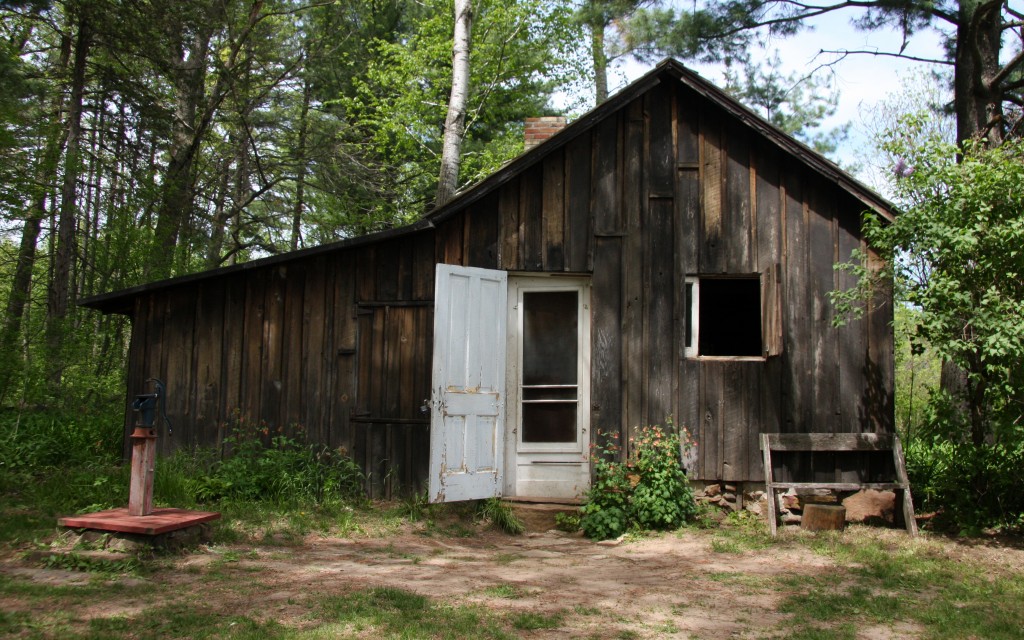Attachment to Outdoors
In the formation of an environmental identity, attachment to the outdoors and natural places plays an important role. We can understand this using Leopold as an example. Growing up in Iowa, surrounded by wildlife, Leopold clearly formed a stable and strong attachment to nature. This attachment developed further during his education and career in forestry and wildlife management, and clearly influenced Leopold to think of himself as part of the natural community. The restoration of his farm and land in Wisconsin also stemmed from this early attachment to nature. Of course, his Land Ethic is based on non-anthropocentrism and the interconnectedness of nature; besides, he was also passionate about environmental education, and encouraged people to live closer to the land to better understand it.
[Image courtesy of Jonathunder @ Wikimedia Commons]
Exploration of Environment
Again, in Leopold’s life, we can find examples of how environment exploration can lead to the development of an environmental identity. From young, Leopold was interested in nature, often creatively sketching and penning down his adventures in the wild environments near his childhood home. During his career with the United States Forest Service, Leopold continued writing about the local flora and fauna. He had a particular attachment to forests and the wilderness in general.
Influence of External Others
Leopold’s father played a role in the formation of his son’s environmental identity. He strongly encouraged Leopold’s interest in the natural world, bringing him along to the marshlands in Burlington for adventures. Leopold’s father could be considered as a role model, because he was a manufacturer of wooden desks, and inspired his son to learn a lot about wood lore when he was young; ostensibly, this might have led Leopold to be curious and interested in forestry.
Ecological Self
In sum, we can note that Leopold definitely had a sense of an ecological self. He had very positive associations and affiliations with the natural world, in particular the wilderness and the forests. Through his books, and in particular his essay “The Land Ethic”, we can understand Leopold as having an identity that moves past his individual self into one that is part of an interconnected community, sharing the environment with abiotic and biotic individuals of the natural world.

